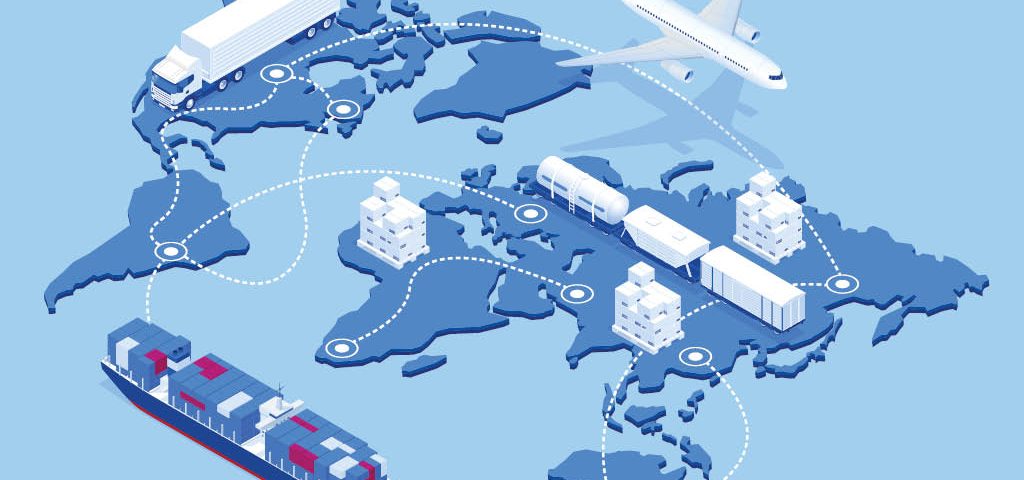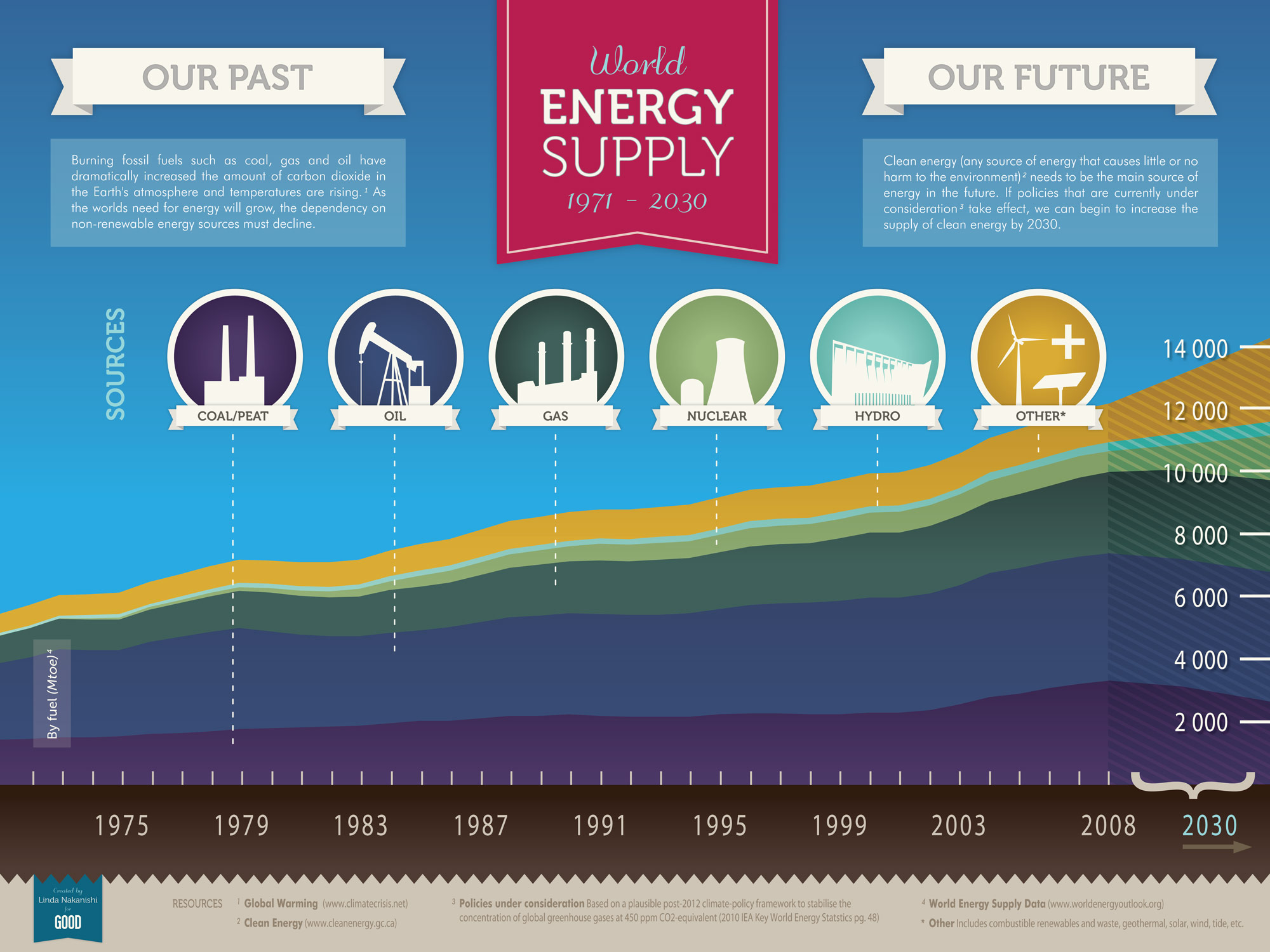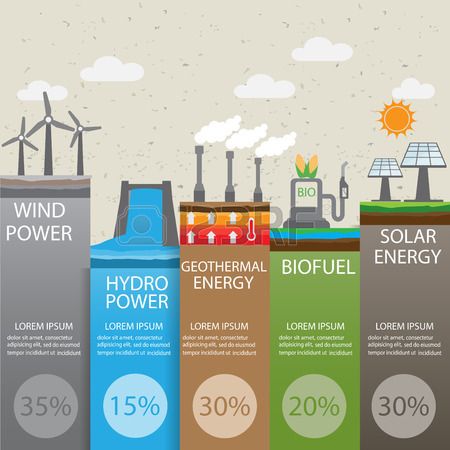
The Ocean Energy Supply Chain: A Global Perspective
Introduction
The ocean energy supply chain plays a crucial role in the development and deployment of renewable energy technologies in coastal areas around the world. This article aims to provide an overview of the various aspects of the ocean energy supply chain, including its historical background, key concepts, main discussion points, case studies, current trends and developments, challenges, future outlook, and conclusion.
Historical Background
The ocean energy supply chain has evolved significantly over the years due to the increasing demand for clean and sustainable energy sources. Significant milestones and events have shaped the development of the industry, from early experiments with wave and tidal energy in the 18th century to modern advancements in offshore wind farms and marine technology. These include the establishment of the first commercial wave energy project in Scotland in 2000 and the deployment of the world’s first floating offshore wind farm in 2017. These developments have led to global recognition of the ocean energy supply chain as a viable source of renewable energy.
Key Concepts and Definitions
The ocean energy supply chain comprises various components, including offshore renewable energy, marine technology, and project development. Offshore renewable energy refers to the harnessing of energy from renewable sources such as waves, tides, and offshore winds. Marine technology refers to the technologies and infrastructure required for the extraction and conversion of ocean energy. Project development involves the planning, design, and implementation of ocean energy projects, including the development of necessary infrastructure and securing the required permits and approvals.

Main Discussion Points
Overview of the ocean energy supply chain:
The ocean energy supply chain consists of stages and processes, including resource assessment, site selection, construction, installation, operation, and maintenance. Various stakeholders, such as project developers, technology providers, contractors, financiers, and regulators, play a crucial role in ensuring the smooth and efficient functioning of the supply chain.
Environmental and economic benefits of ocean energy:
Ocean energy offers a renewable and abundant source of energy that can help reduce greenhouse gas emissions and mitigate climate change. Additionally, the development of the ocean energy supply chain can create economic opportunities and job creation, particularly in coastal communities.
Technological advancements and innovations in the industry:
The ocean energy industry has witnessed significant technological advancements and innovations, including the development of more efficient wave energy converters, advanced materials for offshore wind turbines, and improved monitoring and control systems. These advancements are driving the growth and expansion of the ocean energy supply chain.
![]()
Policy and regulatory frameworks:
The development and deployment of ocean energy projects are governed by international policies and regulations. These frameworks ensure the sustainable and responsible development of ocean energy resources, promote innovation, and provide a supportive environment for investments in the supply chain. However, challenges and inconsistencies in these frameworks can impact the development and deployment of ocean energy projects.
Case Studies or Examples
Real-world examples and case studies provide insights into the ocean energy supply chain on a global scale. Successful projects, such as the MeyGen tidal energy project in Scotland and the Hywind floating offshore wind farm in Norway, highlight the technical feasibility and economic viability of ocean energy. These projects have also demonstrated the positive impact on local communities and economies, including job creation and infrastructure development. Challenges and lessons learned from these case studies include the need for innovative financing models, community engagement, and effective collaboration among stakeholders.
Current Trends or Developments
The ocean energy supply chain is experiencing several current trends and developments. These include the increased deployment of floating offshore wind farms, advancements in wave energy converters, and the exploration of new markets and regions. Emerging technologies, such as tidal energy storage systems and wave-to-hydrogen conversion, are also shaping the future of the industry. Research findings and technological advancements are driving the growth and expansion of the ocean energy supply chain, making it an increasingly attractive option for countries seeking to diversify their energy mix.

Challenges or Controversies
The ocean energy supply chain faces several challenges, including high upfront costs, technological uncertainties, and regulatory barriers. Controversies and differing viewpoints often arise regarding the environmental impact of ocean energy projects, such as potential effects on marine ecosystems and fisheries. Balancing the need for clean and sustainable energy with the protection of marine ecosystems is a key challenge for the industry. Potential solutions include the development of robust environmental impact assessments, stakeholder consultations, and adaptive management strategies.
Future Outlook
The future of the ocean energy supply chain holds significant potential for growth and market projections. As countries strive to reduce their reliance on fossil fuels and transition to clean and renewable energy sources, the demand for ocean energy is expected to increase. Emerging technologies and trends, such as floating offshore wind farms and wave energy storage systems, are likely to shape the future of the industry. However, the realization of this potential will depend on overcoming the challenges and controversies facing the ocean energy supply chain.
Conclusion
In conclusion, the ocean energy supply chain plays a vital role in the global transition to a sustainable and clean energy future. It encompasses various stages and processes, involves multiple stakeholders, and offers significant environmental and economic benefits. Despite the challenges and controversies, the ocean energy supply chain presents a promising opportunity for countries around the world. By addressing the challenges, embracing technological advancements, and implementing supportive policies, the ocean energy supply chain can contribute to a more sustainable and resilient energy sector.




